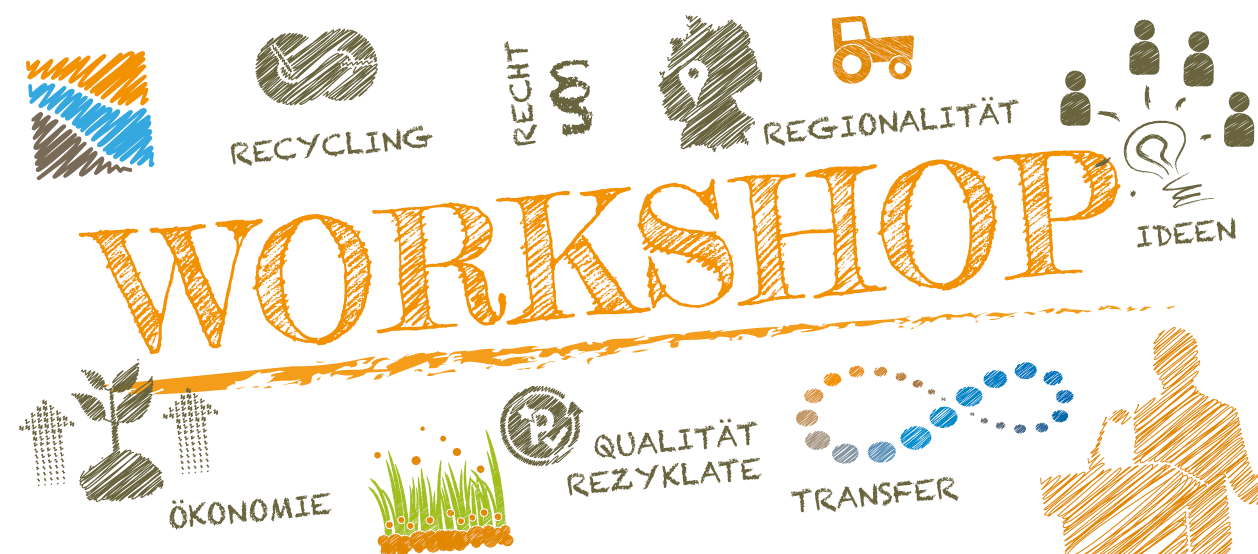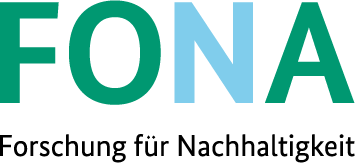RePhoR workshop successfully held in presence
As part of the BMBF funding measure “Regional Phosphorus Recycling” (RePhoR), a workshop was held on 18-19.05.2022 in hybrid form. Thereby, the first day was open to the public with presentations on the global perspective of P availability and recycling, as well as regarding the economics and the life cycle assessment and social consideration of the topic. In total, six speakers provided insights and were able to answer questions and discuss comments from both the present and digital audiences in three discussion blocks. The event was the first presence event since the beginning of the funding measure and therefore also served networking activities.

The workshop was introduced by Prof. Dr.-Ing. Johannes Pinnekamp, Research Institute of Water Management and Climate Future at RWTH Aachen University, who presented an overview lecture on the classification of the funding measure. It was explained that phosphorus is classified as a critical raw material according to the definition of the EU and the necessity of P-recycling was presented.
In addition to the concentrated and dwindling availability of phosphate in Morocco, China and Russia, the current price development played an important role (Figure 1). The rapidly increasing import prices are so far unavoidable and could be reduced by using local resources in the sewage sludge.
A further introduction to the topic was given by Prof. Dr.-Ing. Markus Schröder, TUTTAHS & MEYER mbH, with a presentation on sustainable economic efficiency. In his lecture, Prof. Schröder went beyond the topic of phosphorus recovery to aspects of resource efficiency in the construction industry and, in particular, in the field of sewage treatment plant design.
Dr.-Ing. Roland Meyer, Institute of Sustainability in Civil Engineering (INaB), RWTH Aachen University, and Mr. Fabian Kraus, Kompetenzzentrum Wasser Berlin, then provided insights into the challenges of life cycle assessments accompanying projects. Here a balance has to be found between necessary simplifications to ensure the comparability of the LCAs and the procedural complexity of the different recycling technologies. Dr.-Ing. Maike Beier, Institute of Sanitary Engineering and Waste Management (ISAH), Leibniz University Hannover, took up the findings and applied them to practical challenges in regional planning. The lecture block was supplemented by the contribution of Ms. Anna Luthin, who addressed the social acceptance of secondary phosphorus products and presented initial results from a questionnaire campaign.
The second day was an internal workshop of the project partners and dealt with the cross-sectional topics of products, markets & legal aspects as well as sustainability assessment. There, the participants could also assign themselves to the respective topics in a hybrid format and communicate suggestions and wishes as well as ask open questions. In addition, the workshop on “Sustainability” discussed aspects and fixed them in binding assumptions that are required for the implementation of comparative life cycle assessments. The TransPhoR team noted down the comments in order to address existing problems.


